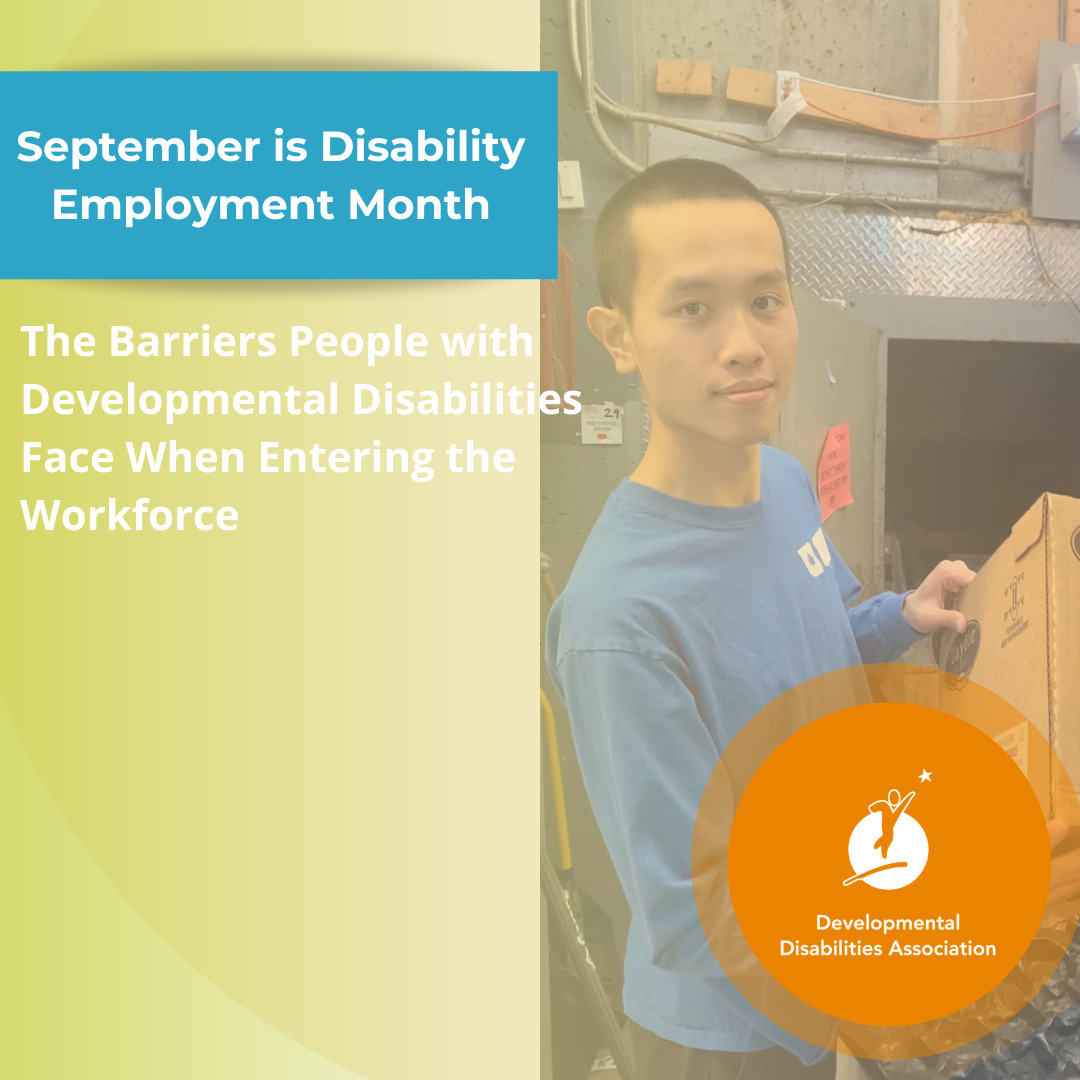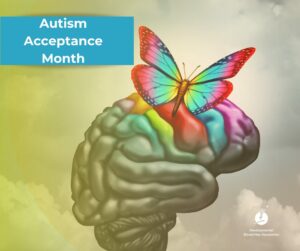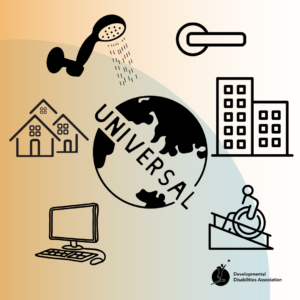People with developmental disabilities may face various obstacles when entering the workforce depending on the individual’s specific disability and the nature of the job. One of the biggst obstacles is simply having no opportunity for employment at all. All of which flies in the face of what the reality should be. Monster dot com and many other HR professionals know that people with developmental disabilities represent an enormous untapped labour market that provides endless benefits. We just need to do better to get them employed and foster a neurodiverse workforce.
What makes it hard for people with developmental disabilities to find employment?
One of the most significant obstacles is discrimination and stigma. People with developmental disabilities may face negative attitudes and stereotypes from employers and co-workers, which can affect their chances of getting hired and their workplace experience.
Some individuals with developmental disabilities may require additional training and support to acquire the necessary job skills. They may also need accommodations to perform their tasks effectively. Employers may feel this is a cost they don’t want to incur. According to the Job Accommodation Network, the cost of training and retention of people with developmental disabilities is actually negligible and the benefit to the business outweighs it.
Some developmental disabilities can lead to communication difficulties, which may make it challenging to interview for jobs, interact with colleagues, or follow instructions. In addition, people with developmental disabilities may face social and emotional challenges that can affect their ability to work in a team or handle workplace stress. Working with an employment service like DDA’s Jobs West can help ease these kinds of transitions and set staff and businesses alike up for success.
Which brings us to the next point. Employers may not always provide the necessary accommodations, such as modified work schedules, assistive technology, or accessible facilities, which may be essential for individuals with developmental disabilities to perform their jobs effectively. Once again, we know the cost and effort to make those changes a reality are not at all cost-prohibitive, or it costs nothing at all. Some industries, by their nature, may be less inclusive and accommodating than others and people with developmental disabilities may find it challenging to access job opportunities in certain sectors.
Just getting to and from work can be a challenge. Many people with developmental disabilities may rely on public transportation or specialized services for transportation. Limited access to reliable transportation can be a significant barrier to finding and maintaining employment.
People with developmental disabilities often rely on government assistance programs. The fear of losing these benefits can be a barrier to seeking employment, especially when they are unsure if their income will cover their living expenses. Once someone starts making an income, the potential of assistance claw-back only increases that fear.



